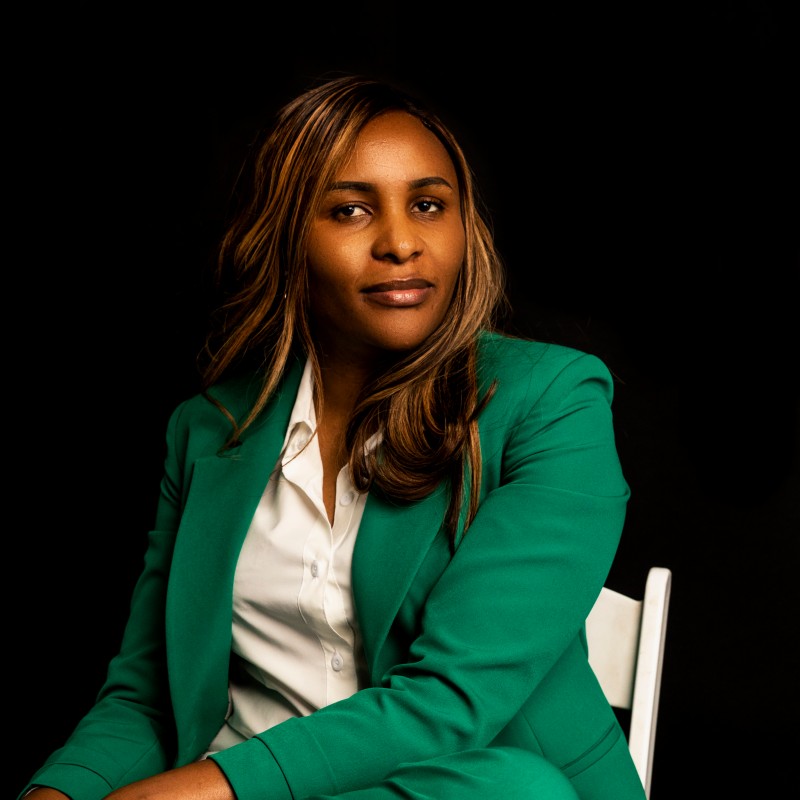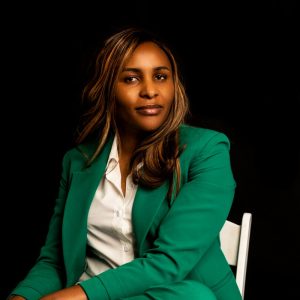

Ann Makena Gitonga
Pan African Climate Justice Alliance
As the climate world was preparing for the COP29 in Baku from November 11th to 22nd, the spotlight was squarely on the high-level discussions, policy commitments, and the push for climate finance especially the New Collective Quantified Goal.
For African nations, COP29 was an opportunity to make their voices heard, to demand accountability for the disproportionate impacts of climate change, and to secure commitments that will safeguard the future of the continent.
Though all eyes and minds were on the Climate Finance COP, there’s a deeper, often ignored, dimension to these global climate summits: the mental and emotional toll on the activists who are fighting on the frontlines of climate justice.
At COP29, African climate activists once again brought the urgent demands of their communities to the world stage, pushing for action on issues like climate adaptation, loss and damage, and the protection of natural ecosystems. But behind the advocacy, the passionate speeches, and the negotiation tables, lies a growing crisis of mental health among those who were at the heart of these movements.
The pressures of representing their communities in high-stakes global negotiations, often amid threats of repression, violence, and harassment, took an immense toll on their psychological well-being.
In many African countries, activism—whether focused on climate, human rights, or democracy—is not just a calling but an act of defiance. Activists often face a harsh political climate, where they are met with intimidation, arbitrary detention, and violence.
A 2023 report by Amnesty International highlights the situation in East and Horn of Africa, where activists face state repression as they demand justice for marginalized communities. In countries like Kenya, Uganda, and others, those speaking out for the environment or advocating for social reforms are often silenced through force. These conditions—combined with the daily trauma of fighting for survival in the face of climate devastation—often lead to significant mental health challenges: anxiety, depression, PTSD, and burnout.
Yet, these are the very individuals we ask to represent Africa’s climate agenda on the global stage. At COP29, African activists would once again face the stress of trying to assert the continent’s needs in a negotiation room where the interests of the Global North often take precedence that went formless. The emotional strain of watching global leaders fall short on promises or seeing climate justice delayed time and time again is immense. The mental toll of this constant battle for recognition is rarely acknowledged, but it is real. Research shows that activists in climate and human rights work suffer mental health challenges at a rate 1.7 times higher than those in other sectors, largely due to the antagonism they face from the state and corporate interests.
The question then arises: How can we continue to ask these activists to endure such intense pressure without offering them the tools and support to protect their mental health? How can they continue advocating for a better future for Africa if their well-being is at risk?
As the Human Resources Manager and Partnership Outreach Lead at the Pan African Climate Justice Alliance (PACJA), and the founder of Ubuntu Wellspring, I believe we must start addressing the mental resilience of African activists as an integral part of our climate justice agenda.
We cannot expect activists to continue fighting without providing them with the mental and emotional support they need to sustain their work.
However, the true value of this initiative goes beyond mere stress management. It is about acknowledging the humanity of those who are leading the charge for climate justice. Mental resilience is not just about surviving the stresses of activism—it’s about thriving in the face of adversity, building long-term sustainability in the fight for climate justice, and ensuring that the leaders of today are still able to lead tomorrow. A strong mental health framework ensures that African activists will not burn out and that they can continue their advocacy for the climate, long after COP29 ends.
COP29 was supposed to be an important milestone for Africa and it was not supposed to be about the policies and agreements reached on the global stage—it was to be about the well-being of those driving this movement. If we expect African activists to continue bearing the weight of climate injustice and pushing for change in global forums, we must first provide them with the mental resilience tools to protect their well-being. It is only by safeguarding the mental health of those on the frontlines that we can ensure the continued strength, impact, and success of Africa’s climate justice agenda.
Author: Ann Makena Gitonga
Pan African Climate Justice Alliance




